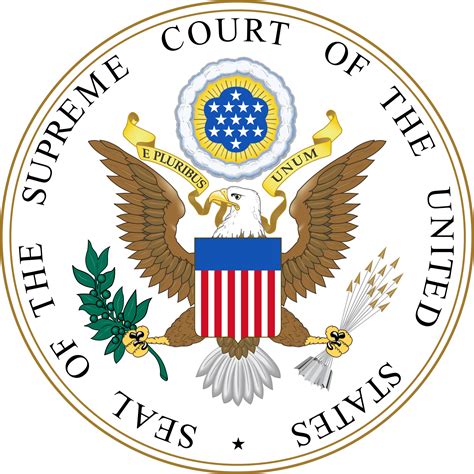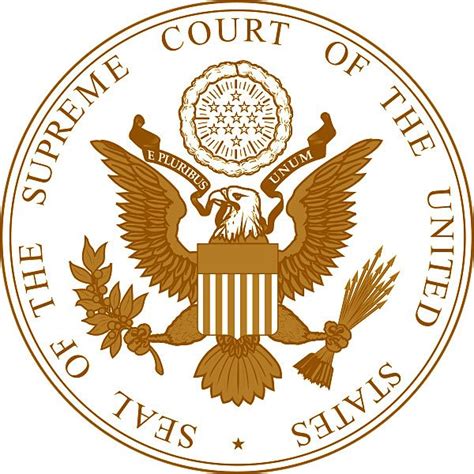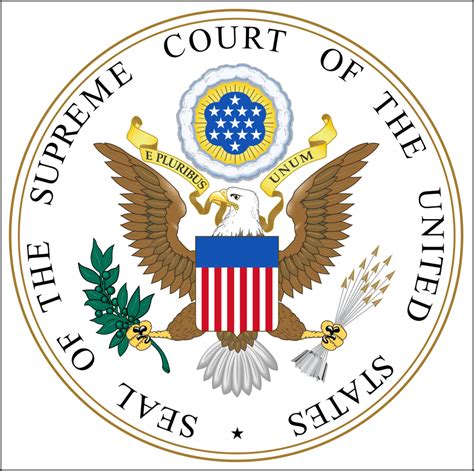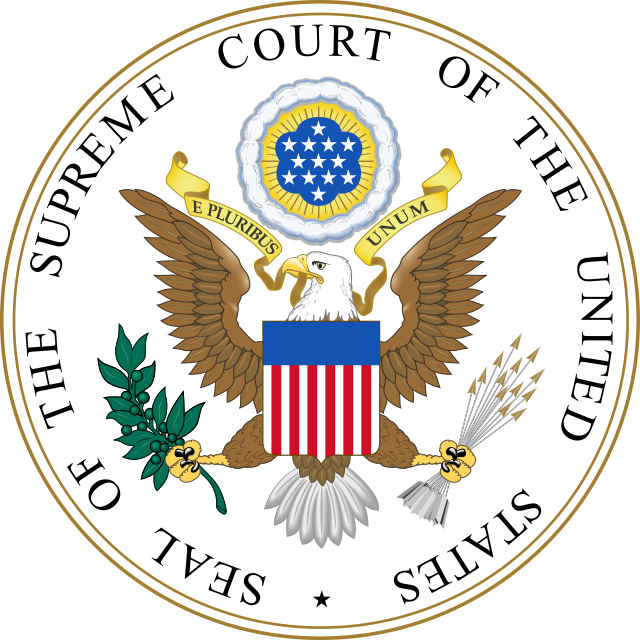The landmark case of Marbury v. Madison (1803) not only established the principle of judicial review but also set the foundation for the balance of power within the U.S. government. This case, often cited in discussions of constitutional law, has far-reaching implications that extend beyond its historical context. In the realm of modern family law, the precedent set by Marbury v. Madison continues to influence legal interpretations and court decisions. This article explores the background and key legal arguments of the case, examines its impact on the judicial system, and delves into how judicial review, as defined by this ruling, plays a crucial role in shaping contemporary family law in the United States.
Join bzcat.xyz as we uncover the details of this topic.
1. Background and Context of Marbury v. Madison
The Marbury v. Madison case arose during a politically turbulent time in American history. In 1801, as President John Adams was preparing to leave office, he appointed several Federalist judges to solidify his party’s control. Among these appointments was William Marbury, who was designated as a justice of the peace for the District of Columbia. However, when Thomas Jefferson assumed the presidency, his Secretary of State, James Madison, declined to deliver Marbury’s commission. Marbury then appealed to the Supreme Court, requesting them to force Madison to deliver the necessary documents. This seemingly simple dispute concerning a judicial appointment quickly transformed into a constitutional crisis, raising crucial questions about the boundaries of executive power and the judiciary’s role. Chief Justice John Marshall’s handling of the case not only resolved the immediate conflict but also established the Supreme Court’s authority to interpret the Constitution through judicial review, a principle that would significantly impact the course of American law.

2. The Principle of Judicial Review Established
The landmark case of Marbury v. Madison (1803) established the principle of judicial review, a cornerstone of American constitutional law. In this decision, Chief Justice John Marshall asserted the U.S. Supreme Court’s authority to review and invalidate acts of Congress deemed unconstitutional. Marshall’s opinion declared, “It is emphatically the province and duty of the judicial department to say what the law is,” effectively empowering the judiciary as a check on both the legislative and executive branches. This principle ensures that no law or executive action can supersede the Constitution.
Marshall adeptly navigated the politically charged case by asserting that, while Marbury deserved his commission, the Court lacked the authority to compel Madison to deliver it through a writ of mandamus. This decision avoided a direct clash with the Jefferson administration while establishing the Supreme Court’s pivotal role in interpreting the Constitution. The doctrine of judicial review, first articulated in Marbury v. Madison, has since become a cornerstone in safeguarding the Constitution and preserving the equilibrium among the three branches of government. It has profoundly influenced countless legal decisions, shaping the legal framework of the United States.

3. Key Legal Arguments and Decisions in the Case
The landmark case of *Marbury v. Madison* revolved around several critical legal arguments that paved the way for the establishment of judicial review. William Marbury, whose appointment as justice of the peace was unjustly withheld, sought a writ of mandamus from the Supreme Court. This writ would have compelled Secretary of State James Madison to deliver Marbury’s commission. Marbury’s legal counsel asserted that the withholding of the commission was unlawful and that the Judiciary Act of 1789 explicitly granted the Supreme Court the power to issue such a writ.
Chief Justice John Marshall faced a precarious situation. A direct order to Secretary of State James Madison could escalate into a constitutional crisis, potentially leading to the Jefferson administration’s defiance and a subsequent erosion of the Court’s power. Marshall devised a solution by scrutinizing the Judiciary Act. He determined that the Act’s provision granting the Supreme Court the authority to issue writs of mandamus exceeded the scope of the Court’s original jurisdiction outlined in the Constitution. Consequently, this provision of the Judiciary Act was deemed unconstitutional.
Marshall’s decision deftly sidestepped a direct clash with the executive branch, yet firmly asserted the Court’s authority to pronounce laws unconstitutional. By refusing Marbury’s petition for the writ, the Court avoided exceeding its jurisdiction. However, in doing so, it set the precedent for judicial review, empowering the judiciary to interpret the Constitution and declare laws invalid.

4. The Constitutional Implications of the Ruling
The ruling in Marbury v. Madison had profound constitutional implications, fundamentally altering the balance of power within the U.S. government. By declaring a portion of the Judiciary Act of 1789 unconstitutional, Chief Justice John Marshall effectively established the principle of judicial review, empowering the Supreme Court to interpret the Constitution and invalidate any laws that conflicted with it. This decision placed the judiciary on equal footing with the legislative and executive branches, ensuring that no branch could exceed its constitutional authority.
The case reinforced the idea that the Constitution is the supreme law of the land and that it is the judiciary’s role to uphold this principle. Marshall’s ruling created a lasting framework for the interpretation of constitutional law, providing the judiciary with the authority to safeguard the rights and liberties enshrined in the Constitution. This precedent continues to influence the Court’s ability to check governmental power and protect individual rights in the United States.
5. How Marbury v. Madison Influences Judicial Power Today
The landmark case of Marbury v. Madison has profoundly impacted judicial power, solidifying the Supreme Court’s position as the final authority on constitutional interpretation. Through the principle of judicial review, established in this case, the judiciary is vested with the power to invalidate laws and executive actions that contradict the Constitution, ensuring a balanced distribution of power among the legislative, executive, and judicial branches. This authority has become an integral part of the Supreme Court’s function, granting it the ability to significantly influence nearly every facet of American law and governance.
Today, the Supreme Court continues to employ judicial review in pivotal cases that shape the boundaries of constitutional rights, encompassing areas like civil liberties, federalism, and the balance of power between branches of government. The precedent established by *Marbury v. Madison* empowers the Court to act as a vital check on the other branches, guaranteeing that laws and policies align with constitutional principles. This influence extends throughout the judicial system, as lower courts also apply judicial review in their rulings. *Marbury v. Madison*’s enduring legacy is a judiciary actively safeguarding the constitutional order, protecting individual rights, and upholding the rule of law in the United States.
6. The Case’s Impact on the Balance of Powers in U.S. Government
Marbury v. Madison significantly impacted the balance of powers within the U.S. government by formally establishing the judiciary’s role as a co-equal branch alongside the legislative and executive branches. Before this ruling, the judiciary was viewed as the weakest of the three branches, with its authority and influence largely untested. However, Chief Justice John Marshall’s decision to assert judicial review changed this dynamic, giving the Supreme Court the power to declare laws unconstitutional and, therefore, invalid.
This ruling ensured that no branch of government could overstep its constitutional boundaries without being subject to judicial scrutiny. The establishment of judicial review created a system of checks and balances, where the judiciary could challenge the actions of the legislative and executive branches, preventing any single branch from becoming too powerful. This balance of power has been essential in maintaining the stability and integrity of the U.S. government.
Over the years, the Supreme Court has used its authority to review and overturn laws and executive actions, playing a pivotal role in shaping national policy. The precedent set by Marbury v. Madison has ensured that the judiciary remains a critical check on governmental power, preserving the principles of democracy and the rule of law. This enduring impact reinforces the importance of judicial independence in the American political system.
7. Relevance of Judicial Review in Family Law Cases
The principle of judicial review established in Marbury v. Madison holds significant relevance in family law cases, where courts frequently interpret and apply constitutional principles to resolve complex legal issues. Judicial review allows courts to ensure that family law statutes and regulations align with constitutional rights and protections, particularly in cases involving individual liberties, due process, and equal protection.
For instance, judicial review has played a crucial role in shaping decisions related to child custody, adoption, and marriage equality. Courts have used their power to strike down discriminatory practices and ensure that family law serves justice fairly and equitably. In landmark cases, such as those addressing same-sex marriage and parental rights, the judiciary’s ability to review and invalidate laws that conflict with constitutional guarantees has been essential in advancing legal standards and protecting individual rights.
The ability of courts to assess the constitutionality of family law provisions ensures that laws are not only compliant with constitutional principles but also responsive to evolving societal values. Judicial review, therefore, acts as a safeguard against potential abuses and ensures that family law remains consistent with the fundamental rights enshrined in the Constitution.
8. Modern Applications of Marbury v. Madison in Family Law
The landmark case of *Marbury v. Madison* has left a lasting impact on family law, even in contemporary settings. Its foundational principles ensure that family law statutes and regulations remain in harmony with constitutional dictates. The doctrine of judicial review, established by Chief Justice John Marshall in *Marbury v. Madison*, empowers courts to examine family law legislation and rulings, guaranteeing the protection of constitutional rights and safeguarding individual liberties.
Judicial review has played a crucial role in shaping family law in recent decades, particularly in high-profile cases. The Supreme Court’s landmark decision in *Obergefell v. Hodges* (2015), which legalized same-sex marriage nationwide, exemplifies the power of judicial review. The Court used this process to invalidate state laws that contradicted the Constitution’s guarantees of equality and due process. Likewise, cases concerning parental rights and child custody often involve courts scrutinizing state laws and practices to ensure they comply with constitutional principles and do not infringe upon fundamental rights.
Modern family law is constantly evolving, guided by the principles established in *Marbury v. Madison*. Courts apply judicial review to evaluate family law in light of constitutional benchmarks, addressing contemporary issues such as reproductive rights, domestic violence, and child welfare. This process ensures that family law remains just and fair, reflecting the changing social landscape. Through judicial review, the legal framework adapts to contemporary challenges while safeguarding individual rights and liberties.
9. Critical Analysis of Judicial Review in the Context of Family Law
While judicial review has been instrumental in advancing fairness and constitutional adherence in family law, its application is not without criticism. One major concern is that judicial review can lead to judicial activism, where courts are perceived as overstepping their bounds and making policy decisions rather than interpreting the law. Critics argue that this can result in an undemocratic shift in power from elected legislators to appointed judges, potentially undermining the legislative process.
Another critique is the inconsistency in how judicial review is applied. Family law issues often involve complex, nuanced circumstances that can lead to varying judicial interpretations. This variability can create uncertainty and unpredictability in the legal system, impacting individuals and families who rely on stable and consistent legal standards.
Moreover, the application of judicial review in family law sometimes reflects the personal beliefs and biases of judges, which can affect the fairness and objectivity of decisions. This raises concerns about whether judicial review always serves the best interests of justice or whether it occasionally reflects the prevailing social attitudes of the judiciary.
Despite these criticisms, judicial review remains a crucial mechanism for ensuring that family laws comply with constitutional principles, providing a necessary check on legislative and executive actions.
10. Future Implications of Marbury v. Madison for Family Law in the U.S.
The future implications of Marbury v. Madison for family law in the U.S. are likely to be significant as evolving social norms and legal challenges continue to shape the field. As courts address new issues, such as advancements in reproductive technology, changing definitions of family structures, and evolving views on parental rights, the principle of judicial review will remain a critical tool for ensuring that family laws align with constitutional protections.
Future cases may test the boundaries of judicial review, particularly in areas where traditional legal frameworks are challenged by modern realities. For example, ongoing debates about gender identity, surrogacy, and international custody disputes will likely prompt courts to evaluate and potentially redefine legal standards in light of constitutional principles.
Additionally, as societal values shift, judicial review will play a pivotal role in adapting family law to reflect contemporary understandings of equality and justice. The legacy of Marbury v. Madison will continue to influence how family law evolves, ensuring that legal reforms respect individual rights while addressing the dynamic needs of society.
Marbury v. Madison established judicial review as a cornerstone of American constitutional law, profoundly impacting family law by ensuring that legal standards adhere to constitutional principles. As family law continues to evolve, the precedent set by this landmark case will remain crucial in shaping fair and equitable legal outcomes.
bzcat.xyz
